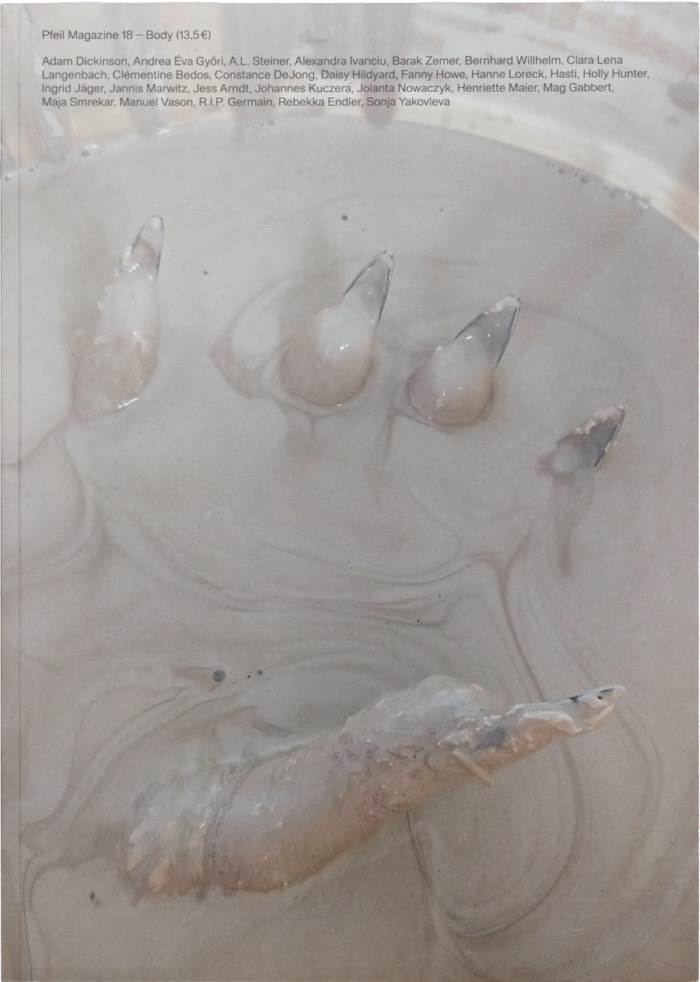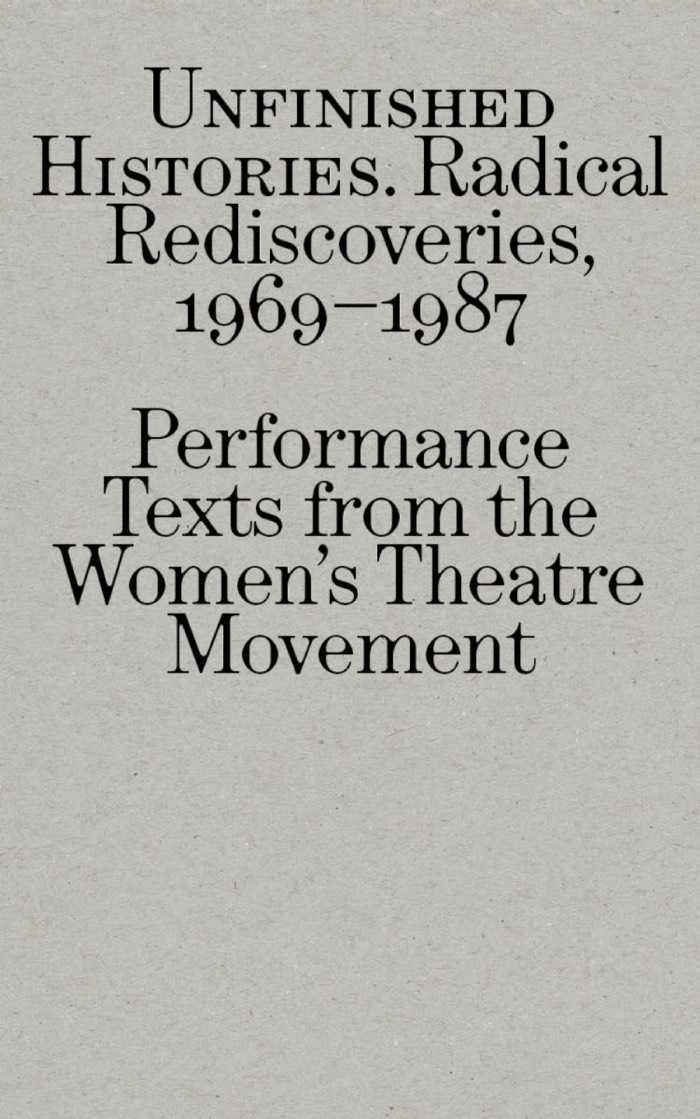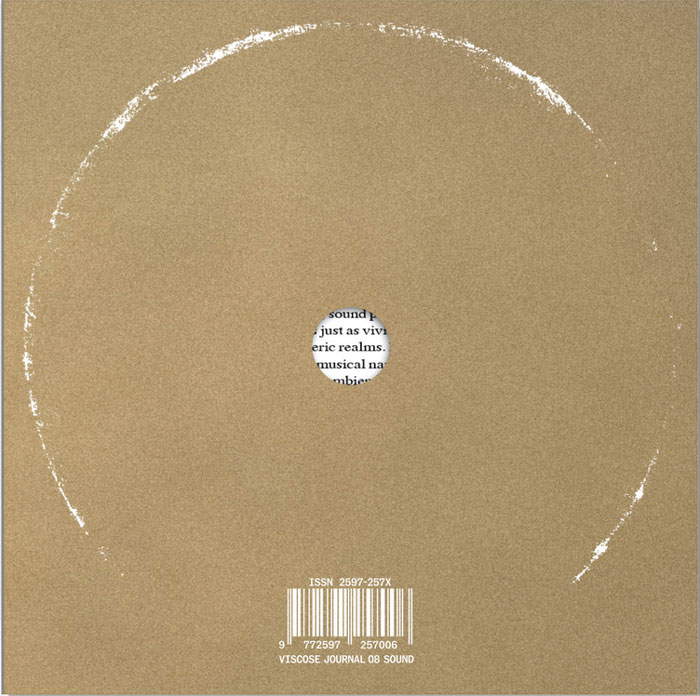
The Ginny Suite
A mysterious global syndrome is affecting women, causing symptoms of submissiveness and aphasia. While the number of sufferers grows, so does our protagonist’s paranoia—of the media, her doctors, and her husband. In the age of misinformation, AI, and surveillance technology, The Ginny Suite asks how much—and who—we’re willing to sacrifice in the name of progress.
The Ginny Suite is formally innovative, a great read. Stacy Skolnik recasts the subject of the internet into telling particulars in her affecting choreography of memes/screens/women/men. — Constance DeJong, author of Modern Love
The Ginny Suite is a perfect hell of a book: a gossipy stylish mystery that’s both petty and profound. I love how its paranoias and insecurities tip lushly into plot: is the lyric condition of poetry a pathology? Is dissociation a radical response to the lived conditions of patriarchy, or is it patriarchy hacking your brain into submission? What if, instead of self-diagnosing through google, your search history was used to diagnose you, and form the basis of covert treatment? Anyone who’s ever suffered the malady of writing poems will recognise The Ginny Suite’s inability to stop picking these scabs. Its prose moves seamlessly from the lush to the blunt, awash with glitching pronouns, horny ennui, sci-fi intrigue and tender girlish digital fantasies—like if the author of Malina had a dormant Neopets account. I adored it. — Daisy Lafarge, author of Lovebug
Perversely brilliant, fearlessly inventive, The Ginny Suite beautifully illustrates the horror of being a thinking person inside of a body and culture rushing toward the graveyard. — Brad Phillips, author of Essays and Fictions
The Ginny Suite proves that Stacy Skolnik is one of the most timely and original voices in post-pandemic New York. — Joshua Citarella, author of Politigram and the Post-left
A Handmaid’s Tale for the Post-Truth-AI-Surveillance Era. — Suzanne Treister, author of Hexen 2.0
Stacy Skolnik is the author of the poetry collection mrsblueeyes123.com (self-released, 2019), the chapbook Sparrows (Belladonna* Collaborative, 2023), the workbook From the Punitive to the Ludic: Prompts for Writing Public Apologies (with Thomas Laprade for Montez Press Radio, KAJE, 2022), and the chapbook Rat Park (with Katie Della-Valle, Montez Press, 2018). She is a co-founder and co-director of Montez Press Radio, the Lower East Side-based broadcast and performance platform. The Ginny Suite is her debut novel.







